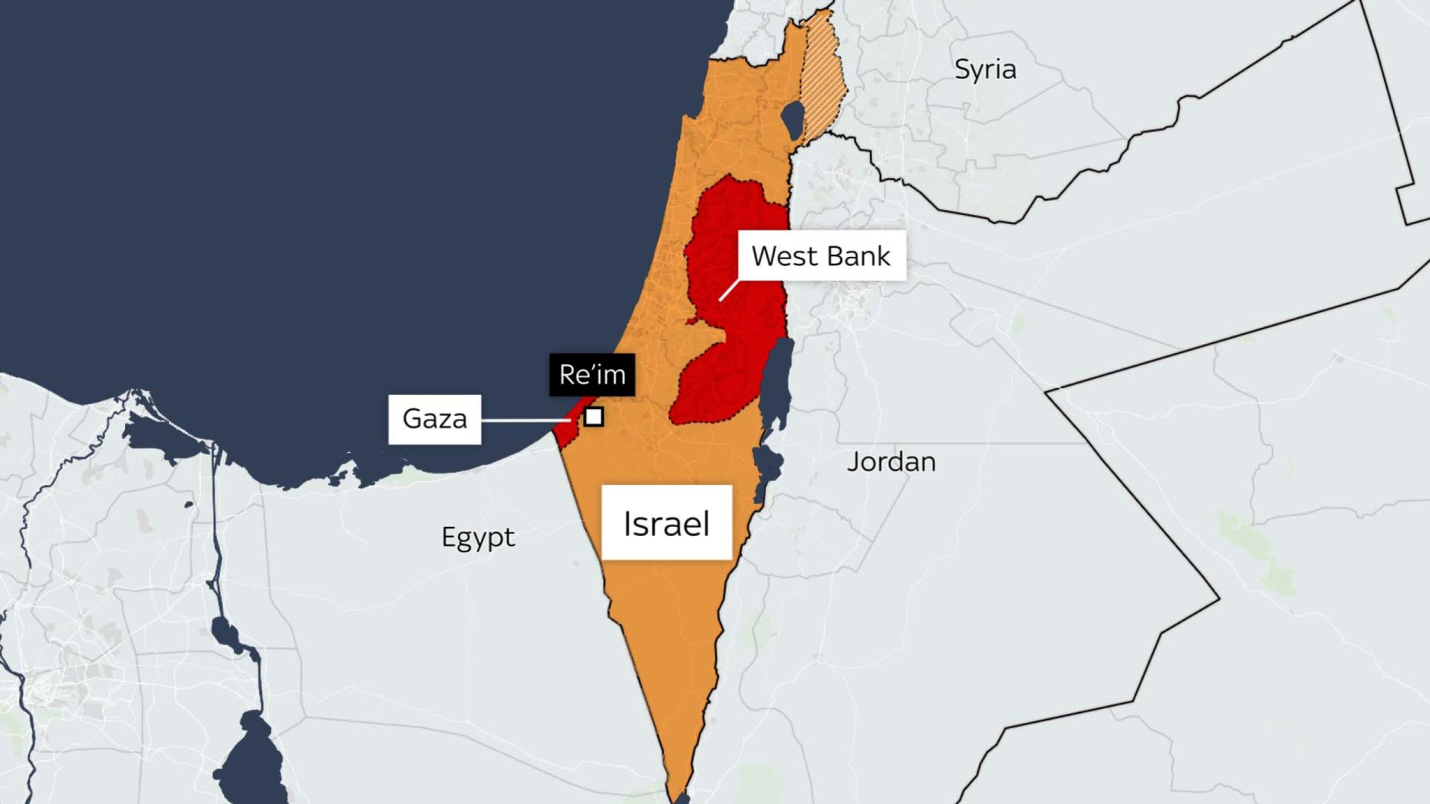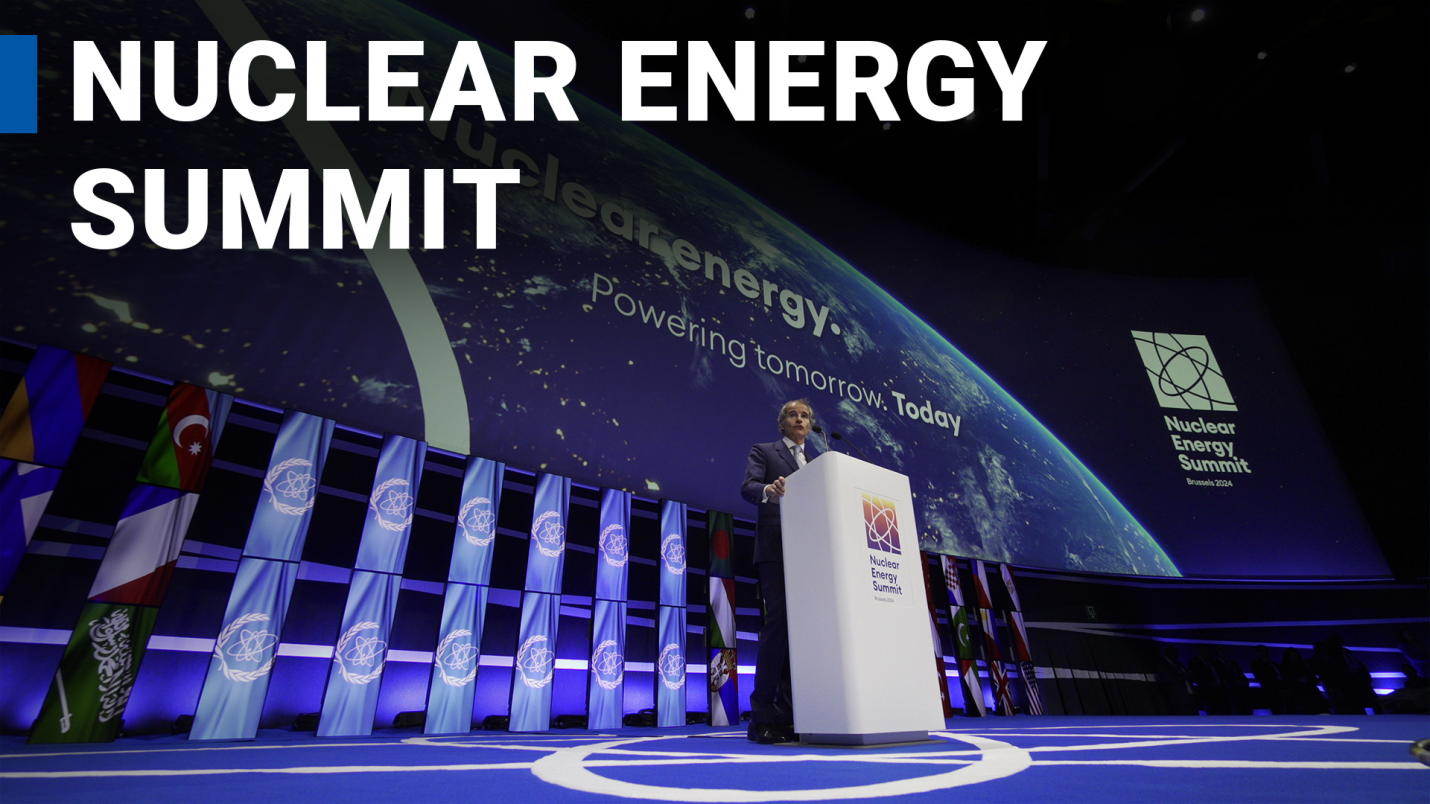



Copyright infringement is not intended
Context: In a historic first, Israel’s Prime Minister Naftali Bennett undertakes a two-day official visit to Bahrain, one of the seven Gulf countries whose relations with Israel have been sour on account of the Israel-Palestine conflict.
Why is Bennett’s Bahrain visit significant?
· The visit signals the growing ties that are developing between Israel and the Gulf countries (Bahrain, Kuwait, Iraq, Oman, Qatar, Saudi Arabia and the United Arab Emirates).
· It is an outcome of ‘Abraham Accords’.
What is Abraham Accords’?
Introduction:
· Israel and United Arab Emirates and Bahrain had formally established diplomatic relations.
· U.A.E. and Bahrain are the third and fourth Arab countries to open diplomatic relations with Israel after Egypt and Jordan.
· USA had brokered this peace agreement to change the geopolitics of West Asia and beyond.
Key highlights
· As part of deal Israel halted annexation of occupied land sought by the Palestinians for their future state.
· UAE and Israel signed deals on direct flights, security, telecommunications, energy, tourism and health care.
· The two countries also partnered on fighting the COVID-19 pandemic.
Palestine stand:
· Palestinian Authority, which seeks a two-state solution, consider the deal as a “betrayal” by the UAE
· It rejected and denounced the treaty and called it a “stabbing in the back of our people” by the UAE.
· The Israeli commitment not to annex the West Bank, is an empty concession as the deal does not address Palestinian demand for statehood.
· Under the UAE-Israel deal, Israel has not made any actual concession to the Palestinians
· Israeli enters into a peace agreement with an Arab country without returning to the 1967 borders.
· Israel gave up plan to annex the West Bank
Arab states reaction
· Saudi Arabia Crown Prince Mohammed bin hailed as an ally OF Trump administration is silent on the deal
· UAE could not have taken this decision on Israel without the backing and support of the House of Saud.
· Smaller Gulf States of Oman and Bahrain have quickly fallen in line behind UAE.
Impact on geopolitics
· If all Arab states do fall in line, it would bring all Sunni nations in the region in an anti-Iran alliance.
· Deal send ripples in other parts of the world. It put pressure on Muslim dominated Pakistan.
· European powers and India, have welcomed it, while Turkey and Iran have lashed out at the UAE.
Israel-Egypt peace deal
· Israel and Arab states fought 1956 Suez conflict, the 1967 Six-Day War and the 1973 Yom Kippur War.
· Israel captured the Sinai Peninsula and Gaza Strip from Egypt, East Jerusalem and the West Bank from Jordan and the Golan Heights from Syria
· Arab countries declared three “‘Nos’ — no peace with Israel, no talks with Israel and no recognition of Israel”.
· American pressure led to David Accords of 1978, Israel withdrew from Sinai in return for Egyptian recognition.
Isarel-Jorden peace deal
· In 1994, with Washington Declaration, Jordan became the second Arab country to sign a peace treaty with Israel.
· Jordan abandoned its claims to the West Bank and accepted Oslo Accord
· Under Oslo Accords, Palestine Liberation Organization recognised Israel and was allowed to form Palestinian Authority in West Bank and Gaza.
Other implications
· This agreement could fast-track the peace process in Middle East's and Gulf countries
· Saudi bloc, are aligning with that of the U.S. and Israel and their support for Palestine, is dwindling
· Turkey and Iran has emerged as the new strongest supporters of the Palestinians in the Muslim world.
This tripolar contest is already at work in West Asia. The UAE-Israel thaw could sharpen it further.
https://indianexpress.com/article/explained/naftali-bennett-israel-bahrain-ties-7776221/











© 2025 iasgyan. All right reserved